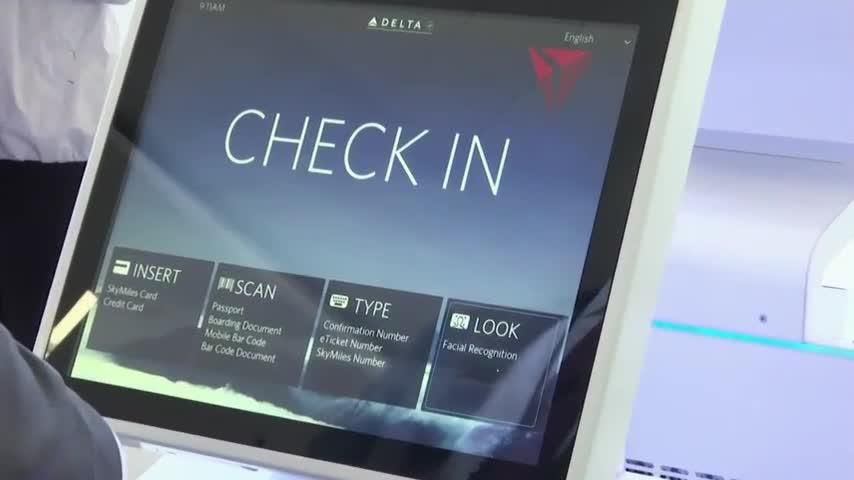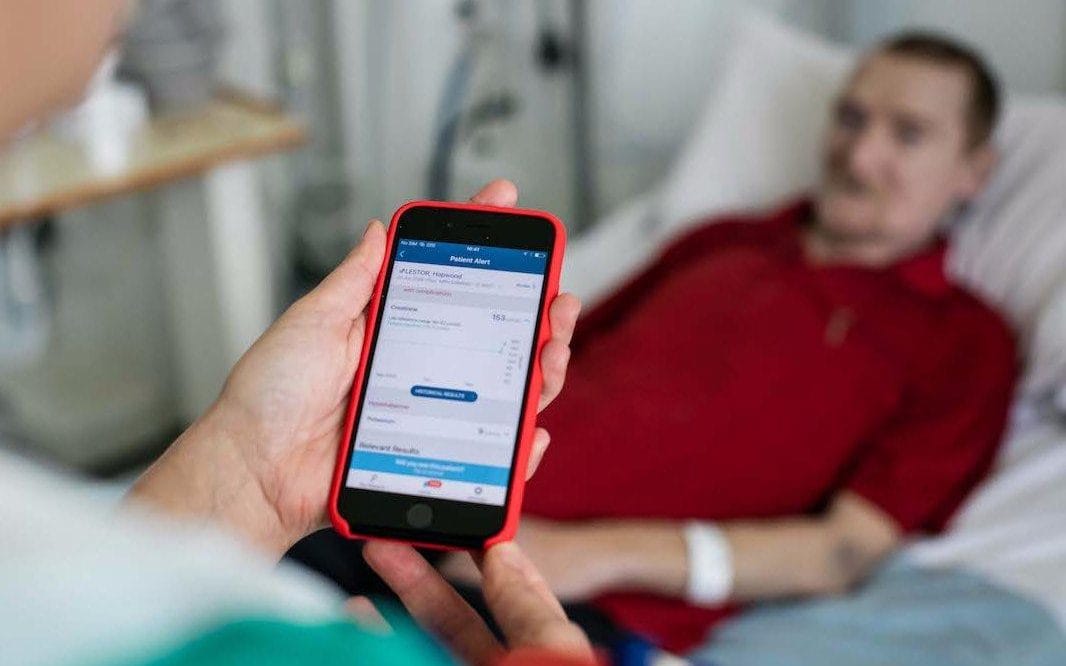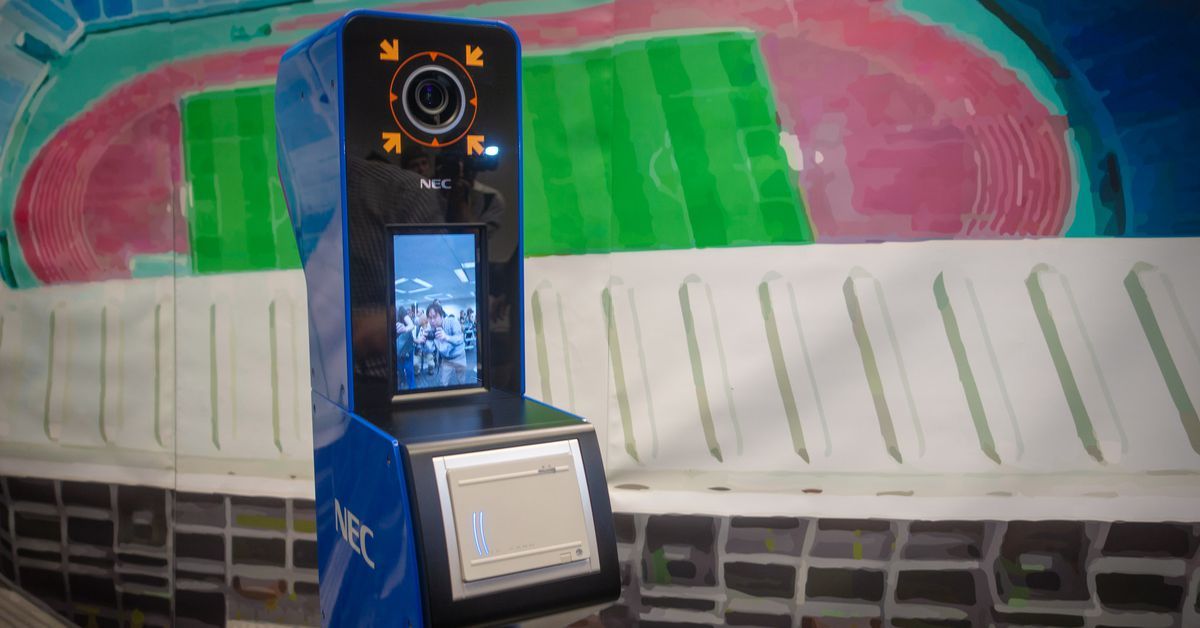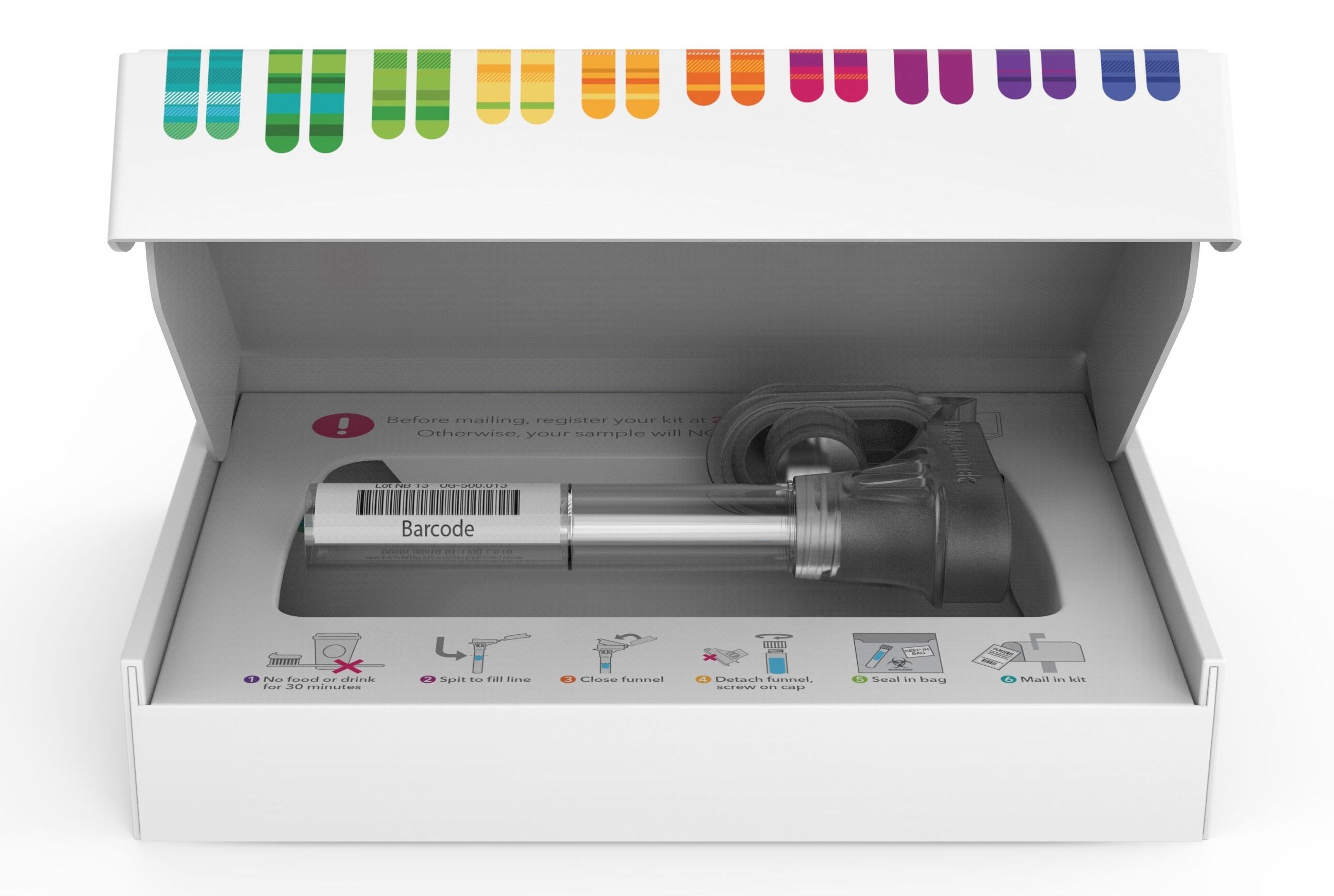Archive for the ‘privacy’ category: Page 17
Nov 18, 2018
Genetics Start-Up Wants to Sequence People’s Genomes for Free
Posted by Shailesh Prasad in categories: biotech/medical, genetics, privacy
The new service lets consumers contribute to medical research, but still poses privacy concerns.
- By Karen Weintraub on November 17, 2018
Nov 17, 2018
Researchers Create ‘Master Fingerprints’ to Unlock Phones
Posted by Genevieve Klien in categories: mobile phones, privacy, robotics/AI
Biometric features like fingerprint sensors and iris scanners have made it easier to securely unlock phones, but they may never be as secure as a good old-fashioned password. Researchers have repeatedly worked out methods to impersonate registered users of biometric devices, but now a team from New York University and the University of Michigan has gone further. The team managed to create so-called “DeepMasterPrints” that can fool a sensor without a sample of the real user’s fingerprints.
Past attempts to bypass biometric systems usually involve getting access to a registered individual’s data — that could be a copy of their fingerprint or a 3D scan of their face. DeepMasterPrints involves generating an entirely new fingerprint from a mountain of data that’s close enough to fool the sensor. Like so many research projects these days, the team used neural networks to do the heavy lifting.
The process started with feeding fingerprints from 6,000 people into a neural network in order to train it on what a human fingerprint looks like. A neural network is composed of a series of nodes that process data. It feeds forward into additional “layers” of nodes if the output meets a certain threshold. Thus, you can train the network to get the desired output. In this case, the researchers used a “generative adversarial network” to tune the system’s ability to generate believable fingerprints. The network used its understanding of prints to make one from scratch, and then a second network would determine if they were real or fake. If the fingerprints didn’t pass muster, the network could be re-tuned to try again.
Continue reading “Researchers Create ‘Master Fingerprints’ to Unlock Phones” »
Nov 14, 2018
Privacy concerns as Google absorbs DeepMind’s health division
Posted by Carse Peel in categories: biotech/medical, ethics, health, privacy, robotics/AI
Privacy advocates have raised concerns about patients’ data after Google said it would take control of its subsidiary DeepMind’s healthcare division.
Google, which acquired London-based artificial intelligence lab DeepMind in 2014, said on Tuesday that the DeepMind Health brand, which uses NHS patient data, will cease to exist and the team behind its medical app Streams will join Google as part of Google Health.
It comes just months after DeepMind promised never to share data with the technology giant and an ethics board raised concerns over its independence.
Continue reading “Privacy concerns as Google absorbs DeepMind’s health division” »
Oct 25, 2018
China: facial recognition and state control | The Economist
Posted by Xavier Rosseel in categories: government, privacy, robotics/AI, security, surveillance, transportation

Whether it’s left there or right here… the tactics and destination look pretty much the same to me…
China is the world leader in facial recognition technology. Discover how the country is using it to develop a vast hyper-surveillance system able to monitor and target its ethnic minorities, including the Muslim Uighur population.
Continue reading “China: facial recognition and state control | The Economist” »
Aug 24, 2018
US airports’ new facial recognition tech spots first imposter
Posted by Genevieve Klien in categories: privacy, robotics/AI, transportation
The facial recognition technology the US is testing for airports has caught its first imposter merely three days after Washington Dulles International started using it. According to US Customs and Border Protection (CBP), a 26-year-old man from Sao Paulo, Brazil successfully fooled people with a French passport until he presented it to a Dulles officer who used the new facial comparison biometric technology. The system determined that his face wasn’t a match with the person in the passport, and he was sent for a comprehensive check, which revealed the Republic of Congo ID hidden inside his shoe.
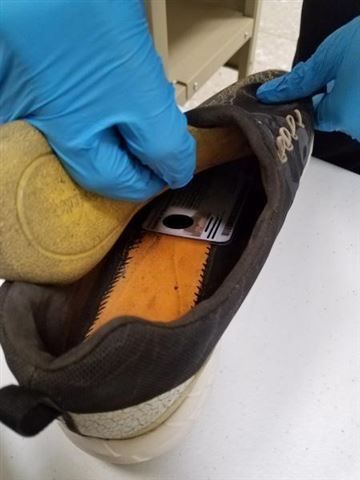
[Image credit: US Customs and Border Protection].
Continue reading “US airports’ new facial recognition tech spots first imposter” »
Aug 7, 2018
NEC unveils facial recognition system for 2020 Tokyo Olympics
Posted by Genevieve Klien in categories: entertainment, privacy, robotics/AI, security
NEC has announced that it will be providing a large-scale facial recognition system for the 2020 Summer Olympic and Paralympic Games in Tokyo. The system will be used to identify over 300,000 people at the Games, including athletes, volunteers, media, and other staff. It’s the first time that facial recognition technology will ever be used for this purpose at an Olympic Games.
NEC’s system is built around an AI engine called NeoFace, which is part of the company’s overarching Bio-IDiom line of biometric authentication technology. The Tokyo 2020 implementation will involve linking photo data with an IC card to be carried by accredited people. NEC says that it has the world’s leading face recognition tech based on benchmark tests from the US’ National Institute of Standards and Technology.
Jul 28, 2018
A Major Drug Company Now Has Access to 23andMe’s Genetic Data. Should You Be Concerned?
Posted by Derick Lee in categories: biotech/medical, genetics, privacy
Consumer genetic testing company 23andMe announced on Wednesday that GlaxoSmithKline purchased a $300 million stake in the company, allowing the pharmaceutical giant to use 23andMe’s trove of genetic data to develop new drugs — and raising new privacy concerns for consumers.
23andMe is partnering with big pharma company GlaxoSmithKline. Here’s what that means for consumer rights and genetic privacy.
Jul 9, 2018
The UK Is Creating a Database of Citizens’ DNA and Other Biometrics
Posted by Michael Lance in categories: biotech/medical, law, privacy
It would include lots of data about law-abiding citizens, including their faces and voices.
A new report details a proposed biometrics strategy for the United Kingdom in which all collected biometrics are stored in one database.
Jun 8, 2018
Edward Snowden: ‘The people are still powerless, but now they’re aware’
Posted by Derick Lee in categories: encryption, privacy, security
Developers at major technology companies, outraged by the Snowden disclosures, started pushing back. Some, such as those at WhatsApp, which was bought by Facebook a year after the story broke, implemented their own encryption. Others, such as Yahoo’s Alex Stamos, quit rather than support further eavesdropping. (Stamos is now the head of security at Facebook.)
Five years after historic NSA leaks, whistleblower tells the Guardian he has no regrets.
Mon 4 Jun 2018 13.00 EDT Last modified on Tue 5 Jun 2018 04.46 EDT.
Continue reading “Edward Snowden: ‘The people are still powerless, but now they’re aware’” »
